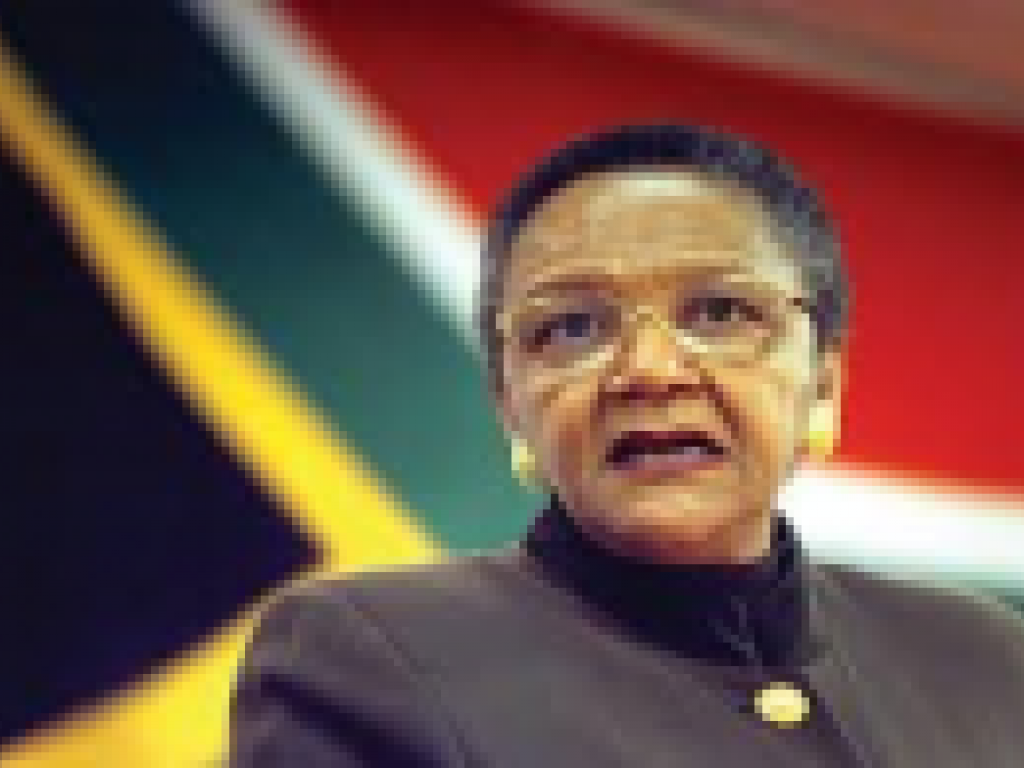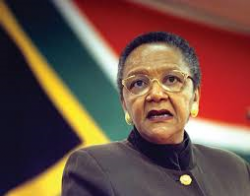Building a Cohesive Society in South Africa


In opening remarks, GSDPP Director Professor Alan Hirsch sketched the key achievements in South Africa since democracy – including declining poverty levels, improved access to infrastructure, services, health and education. However, he cautioned against “the risks of focusing on what we can measure”, and highlighted the need to address persistent structural faults such as migrant labour, systems of political representation and accountability, inequality, the quality of social services for the poor, gender prejudice and violence.
JICA has funded considerable work on Social Cohesion in Africa and the workshop began with a case study of Kenya and attempts to develop a social cohesion index in this context. The focus then shifted to South Africa, and the implications of post-apartheid policy making on social cohesion. Presentations by academics and activists on thematic and cross-cutting issues in the South African context fuelled a lively discussion on the complexities around defining and measuring social cohesion.
The workshop was attended by around 30 participants including: Professor John Lonsdale of Cambridge University; Professor Hiroyuki Hino of Kobe University; Professor Frances Stewart of Oxford University, Professor Germano Mwabu of Nairobi University; Professor Adam Habib of Wits University; Professors Crain Soudien, Robert Mattes, Murray Leibbrandt, Dee Smythe and Aninka Claassens of UCT; Dr Ivor Chipkin of the Public Affairs Research Institute at WITS; Mastoera Sadan of the Programme to support Pro-poor Policy Development in the Presidency; Barbara Masekela, former Ambassador to France; prominent analyst and gender activist Nomboniso Gasa and labour researcher Gavin Hartford.
A national work agenda will be constituted as a contribution towards the C3 Investigation into Strategies to Overcome Poverty and Inequality, which aims to develop firm recommendations on policy and programmes to tackle these critical issues in South Africa
